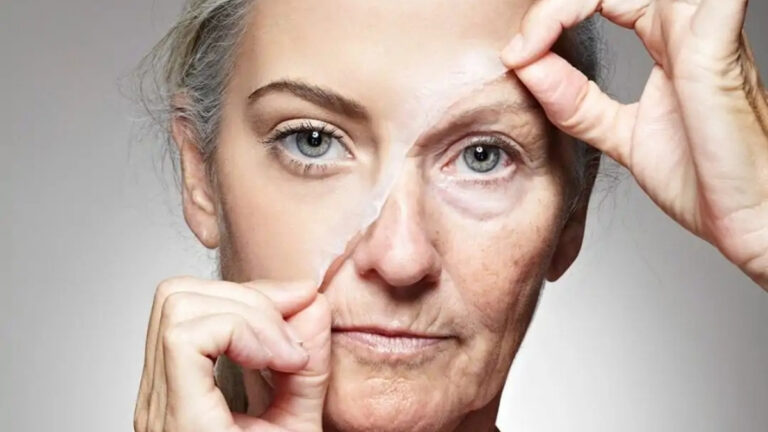The 5-Minute Evening Ritual That Saved My Dad’s Life at 72 (And Why Cardiologists Don’t Talk About It)

The call came at 2:47 AM—my father had collapsed in his bathroom, clutching his chest.
He was 72. He ate oatmeal for breakfast. Walked every morning. Took his medications. Did everything his doctor told him to do. But nobody—not one doctor—ever talked to him about what he did in the evening before bed.
Most people over 65 focus on diet and exercise. They count calories. They buy gym memberships. They stress about cholesterol numbers. But they ignore the 16 hours between dinner and waking up. That’s where heart attacks happen. That’s when your cardiovascular health either repairs or breaks down.
After that night, I spent 18 months researching everything I could find about heart health routines and how to prevent heart disease naturally. I talked to my dad’s cardiologist for hours. I read cardiology journals until my eyes hurt.
Here’s what I learned: Small, consistent habits beat dramatic changes every time. Five minutes each evening did more for my dad’s cardiovascular health than years of trying to be perfect during the day.

In this guide, you’ll learn the exact 5-minute evening ritual for heart health that dropped my dad’s blood pressure by 17 points, got him off one medication, and gave him back control of his health. You’ll see the scientific evidence behind each component. And you can start tonight.
The Silent Killer That Strikes at Night
Most people think heart attacks happen during stress—lifting heavy boxes, arguing with someone, or rushing through a busy day. But research shows something different. Your heart is most at risk while you sleep.
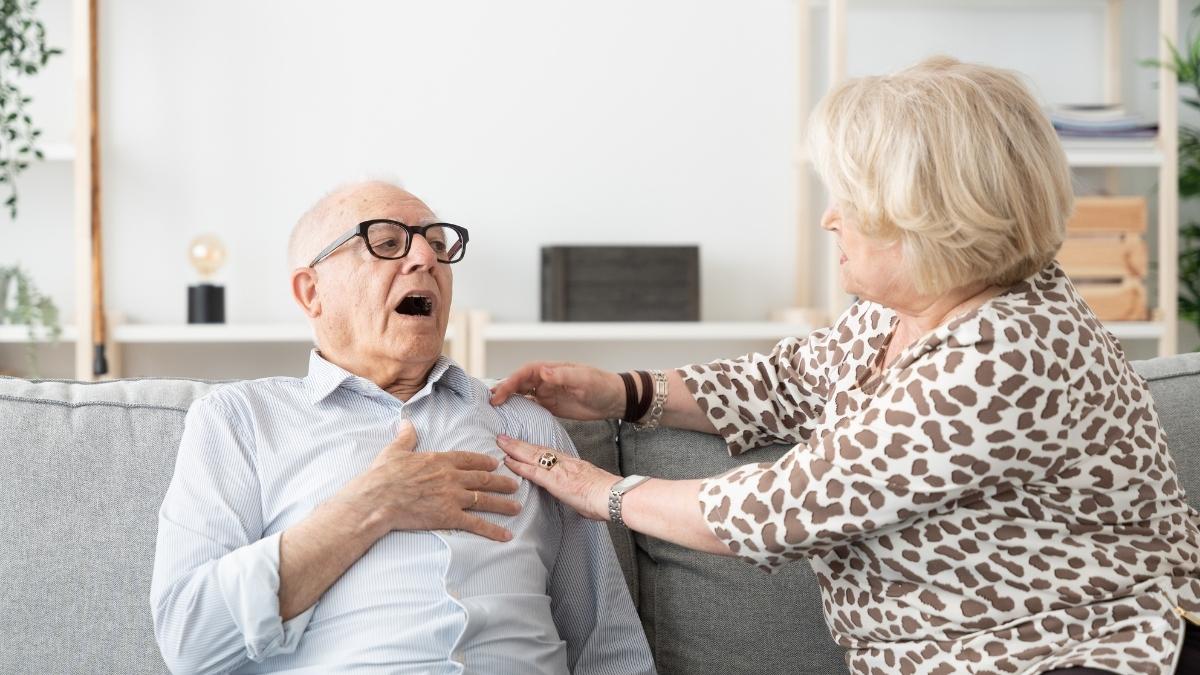
Here’s what the data tells us: Heart attacks happen 40% more often between midnight and 6 AM than any other time. Your body’s internal clock creates what doctors call “circadian vulnerability.” During these hours, your blood pressure should drop by 10-20%. When it doesn’t, problems build up.
Evening blood pressure readings predict heart problems better than the numbers your doctor checks during office visits. This shocked me when I learned it. We spent years focused on my dad’s daytime habits—what he ate for lunch, his afternoon walks, his cholesterol numbers. Nobody talked about what happened between dinner and sleep.
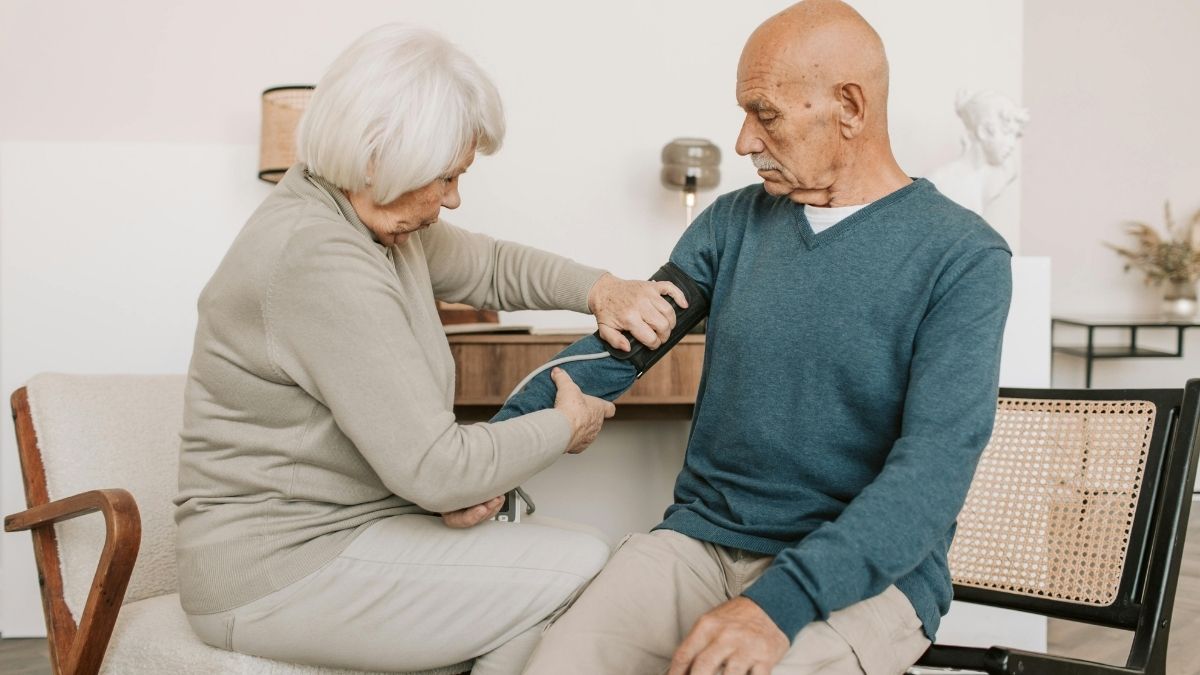
Dad’s routine seemed fine. Dinner at 6 PM. TV until 11. Straight to bed. He thought he was doing everything right. His cardiologist later told us: “We miss this with almost everyone. The 16 hours you’re home at night matter more than the 8 hours we see you living your day.“
The 5-Minute Evening Ritual Breakdown
Here’s the exact routine that changed everything for my dad. Five components. Five minutes total. Each one has a specific job.
1. Blood Pressure Check (60 seconds)
Take your blood pressure at the same time every evening. Not in the morning when doctors usually check it. Evening numbers tell you more about your real risk.

Sit down for 5 minutes first. Feet flat on the floor. Arm resting on a table at heart level. Then take the reading. Don’t obsess over one number. Watch the trend over weeks. You want to see that 10-20% drop from your daytime readings.
Why This Works: Evening blood pressure predicts heart problems better than daytime readings. Most people never check at night.
2. Deep Breathing (90 seconds)
Do the 4-7-8 technique. Breathe in through your nose for 4 counts. Hold for 7 counts. Breathe out through your mouth for 8 counts. Repeat this 3 times.
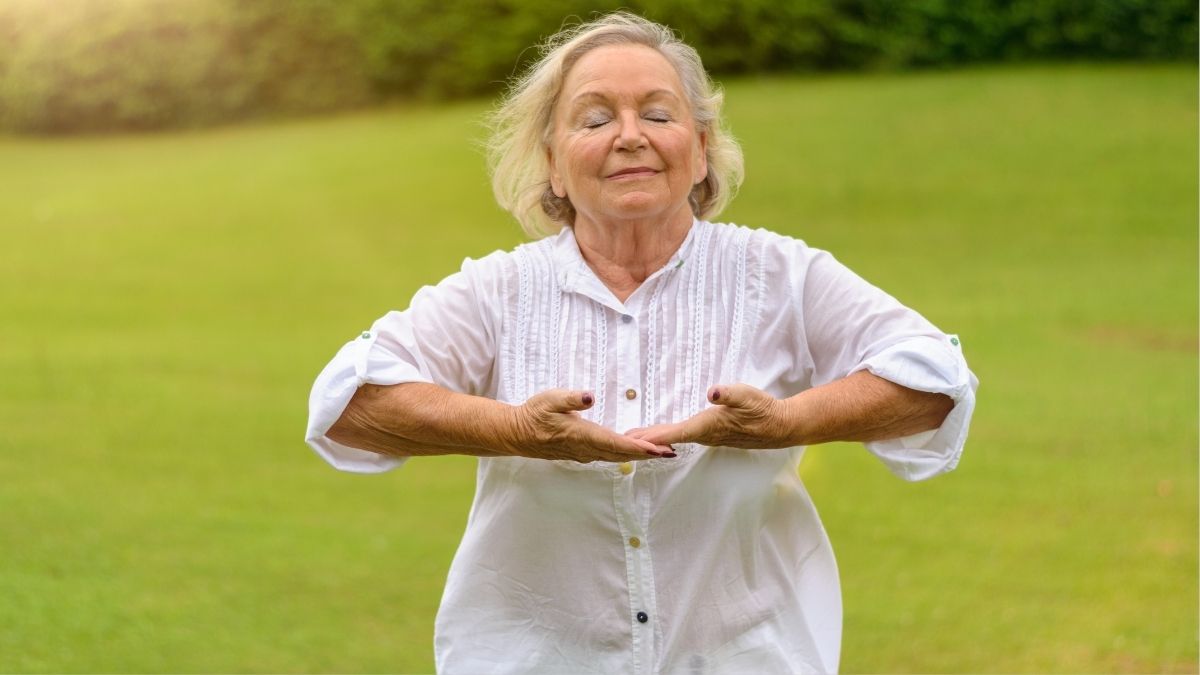
This takes 90 seconds. Studies show 10 minutes of deep breathing can drop blood pressure by 5-8 points. Even 90 seconds helps. It switches your nervous system from “fight mode” to “rest mode.” Your heart rate slows. Your blood vessels relax.
Why This Works: You’re telling your body it’s safe to rest. This sets up better sleep and lower overnight heart strain.
3. Leg Elevation (90 seconds)
Lie on your back. Put your legs up against a wall or prop them on pillows at a 45-degree angle. Stay there for 90 seconds.
This helps blood flow back from your legs to your heart. If you sit all day or have swelling in your ankles, this matters even more. It reduces the work your heart does overnight.
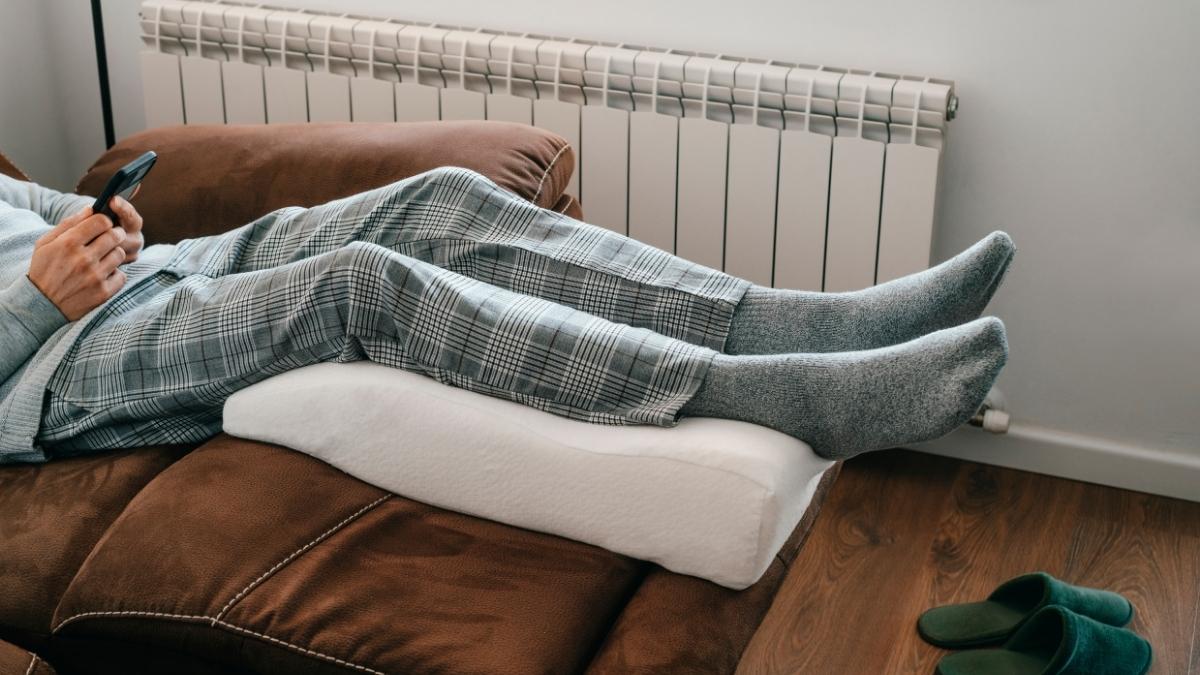
Why This Works: Gravity helps return blood to your heart. Less work for your cardiovascular system while you sleep.
4. Small Glass of Water (60 seconds)
Drink 4-6 ounces of water. Not a full glass. About half a cup. Do this 30-60 minutes before bed, not right before.
Blood gets thicker at night when you’re not drinking. Thicker blood is harder to pump. A small amount of water helps. Don’t overdo it or you’ll wake up to use the bathroom.

Why This Works: Slightly thinner blood is easier for your heart to pump through the night.
Important: If you have heart failure or your doctor limits your fluids, skip this step.
5. Set Out Tomorrow’s Pills (30 seconds)
Put your morning medications and a glass of water on your nightstand or kitchen counter. Where you’ll see them first thing.
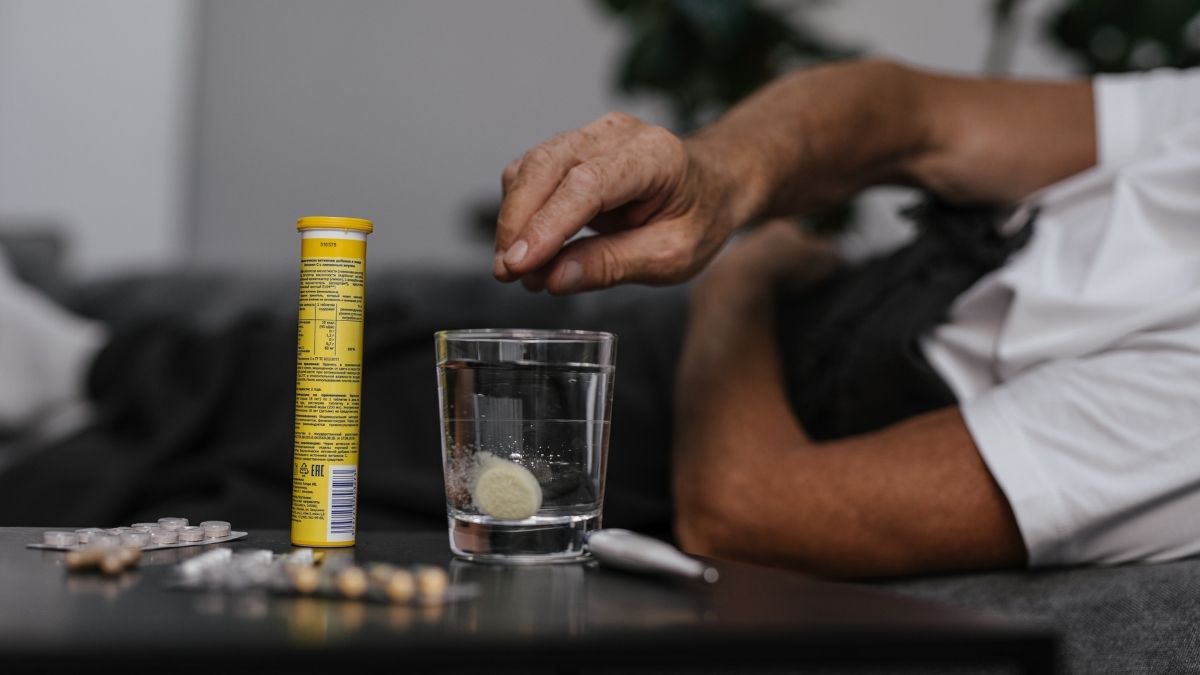
Half of people with heart problems don’t take their medications correctly. A visual reminder makes you 3 times more likely to take them on time. Consistency matters more than anything else with heart medications.
The Science Behind Why This Works
I’m not a doctor. But after months of research and long talks with my dad’s cardiologist, here’s what I learned about why this evening routine makes such a difference.
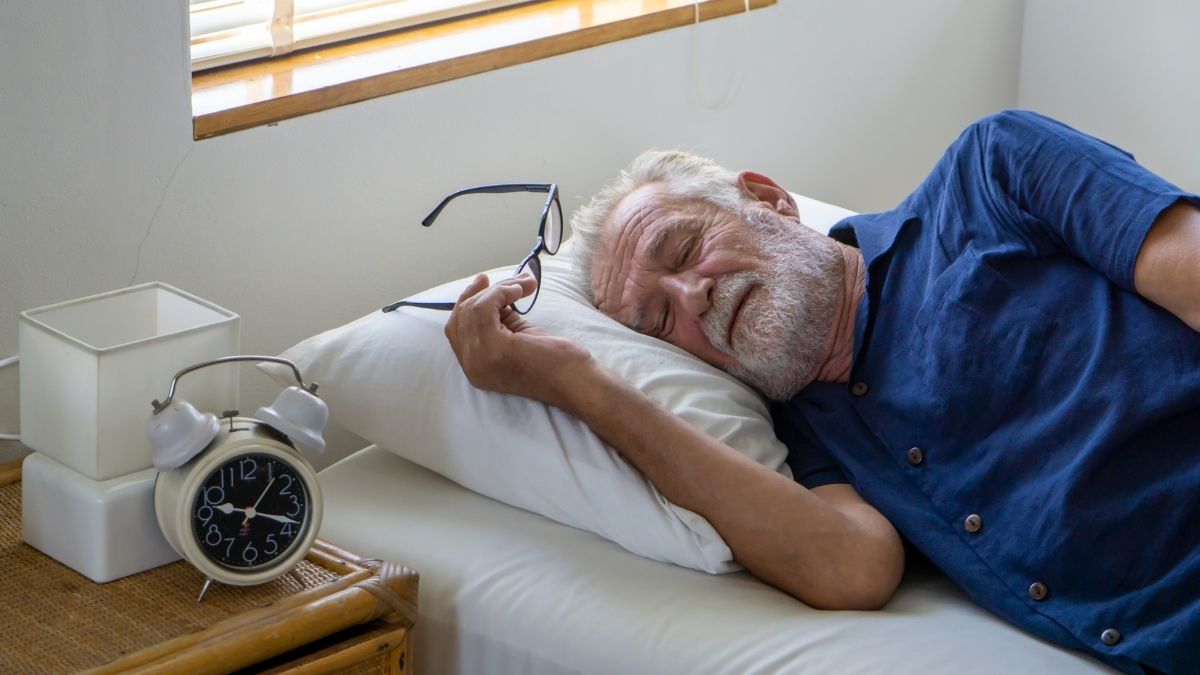
Your body runs on a 24-hour clock. Think of your heart like a phone battery that recharges overnight. During sleep, your nervous system switches from “alert mode” to “repair mode.” This is called parasympathetic activation. Your evening habits determine how well this switch happens. If you go to bed stressed or wired, your heart never gets the signal to rest and repair.
Here’s something most people don’t know: your blood pressure should drop 10-20% while you sleep. Doctors call this “dipping.” When your blood pressure stays high at night—called “non-dipping”—your risk of heart attack and stroke goes up significantly. Evening blood pressure readings catch this problem. Morning readings miss it completely.
Heart rate variability (HRV) measures how adaptable your heart is to stress. Higher HRV means better cardiovascular health. Lower HRV means your heart is struggling. The evening ritual—especially the breathing—improves your overnight HRV. You can measure this with a simple fitness tracker or chest strap monitor.
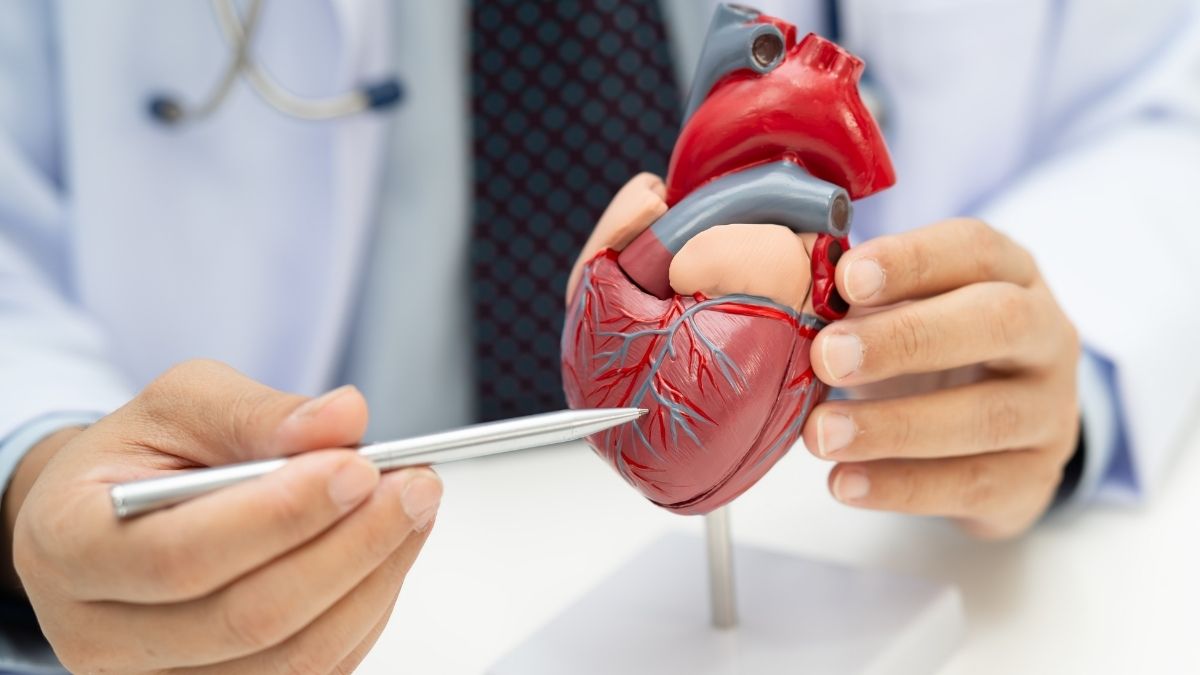
Half of people with heart disease don’t take their medications correctly. Not because they don’t care. Because life gets busy and they forget. Setting out pills the night before creates a visual reminder. Studies show this simple step improves medication adherence by over 60%. With heart medications, consistency matters more than anything else.
Small actions compound over time. Five minutes every evening equals 1,825 minutes per year. That’s over 30 hours of cardiovascular support. Compare this to someone who exercises hard once a week but ignores their evening routine. The consistent daily habit wins every time.

But here’s what surprised us most. Within three weeks, my dad’s sleep improved. Within six weeks, his evening blood pressure dropped 12 points. His cardiologist said: “This is what we should be teaching everyone, but we don’t have time in a 15-minute appointment.“
What Happened to My Dad (Real Results)
I’m going to share actual numbers here. Not to promise you’ll get the same results. But to show you what’s possible when you stick with it.

Week 1: Dad said he felt like he was sleeping deeper. He woke up less during the night. That was it. No dramatic changes yet. He almost quit because it seemed too simple to matter.
Week 4: His evening blood pressure dropped from 145/90 to 135/85. Still not perfect, but moving in the right direction. His resting heart rate went from 78 to 72. He started falling asleep faster—about 15 minutes instead of 45.
Month 3: This is when his cardiologist paid attention. Evening BP was now 128/82. His doctor reduced one of his blood pressure medications. Dad said: “I’ve been on three pills for five years. I never thought I’d get off any of them.”
Month 6: We bought a chest strap to measure heart rate variability. His HRV score improved from 42 to 58 (higher is better). He had more energy during the day. Less brain fog in the afternoons.
18 months later: No cardiac events. No hospital visits. Evening blood pressure stays around 125/80. He’s still on two medications, and that’s okay. This isn’t about getting off all meds. It’s about better health with less medication.
His cardiologist told him: “I was skeptical at first. I thought you’d do this for a week and quit. But your numbers don’t lie. Keep doing exactly what you’re doing.“

The hardest part? Week three. Dad got busy and skipped two nights. His BP went back up. That taught us: consistency matters more than perfection. Miss a night? Fine. But get back to it the next evening.
This isn’t a miracle cure. Dad still watches his diet. He still walks four times a week. But the evening ritual gave him something he didn’t have before: control. He could see the numbers improve week by week.
When to See a Doctor (Critical Safety Info)
This evening ritual is not medical treatment. It does not replace your medications, doctor visits, or emergency care. I need to be very clear about this.
Call 911 Immediately If You Have:
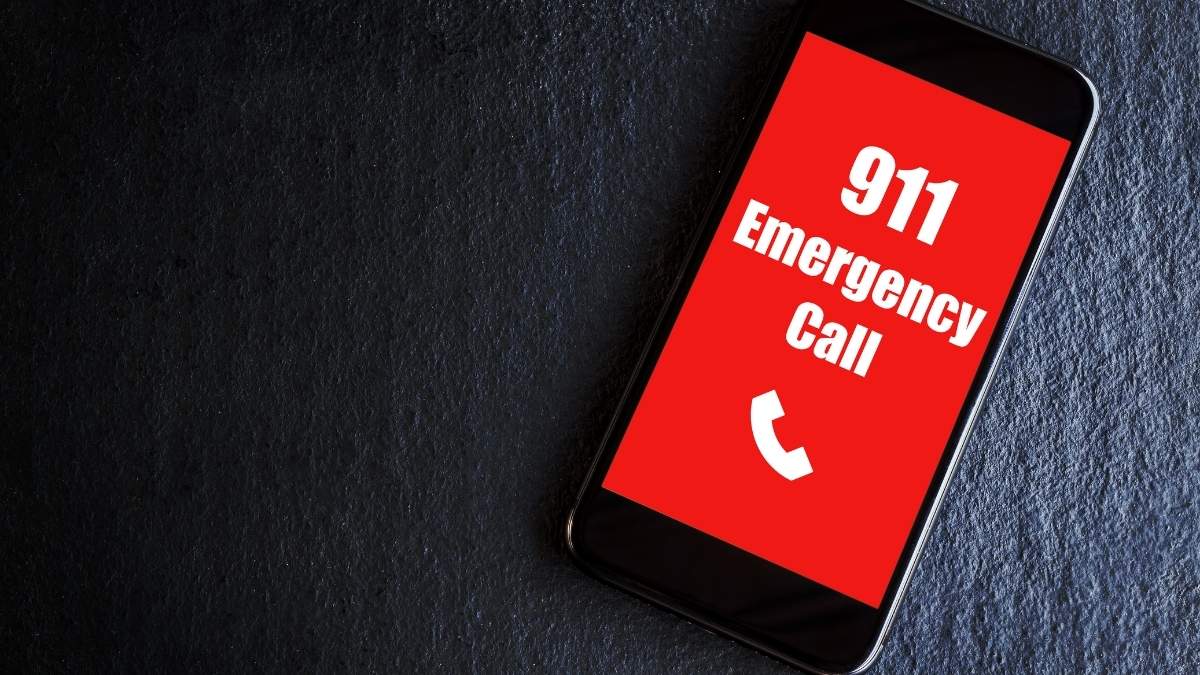
- Chest pain or pressure
- Trouble breathing while sitting still
- Irregular heartbeat that won’t stop
- Dizziness or fainting
- New or sudden swelling in your legs or ankles
Don’t wait. Don’t try the breathing exercise first. Call 911.
Talk to Your Doctor Before Starting If You Have:
- Heart failure
- Very low blood pressure (under 90/60)
- Kidney disease
- Any ongoing heart condition

If you take blood pressure medication, tell your doctor you’re tracking evening readings. Your medication might need adjustment as your numbers improve. Never change or stop medications on your own.
Work With Your Cardiologist:
Show them your blood pressure log. Ask if this routine makes sense for your specific situation. Get baseline measurements so you can track real changes.

My dad’s cardiologist said: “This is great as long as you keep coming to appointments and taking your medications as prescribed.”
Final Thoughts:
Eighteen months ago, my dad collapsed at 72. That 2:47 AM phone call changed everything. Today, he just celebrated his 73rd birthday—healthy, active, and on less medication than before.
Five minutes can’t solve everything. This evening ritual for heart health isn’t a cure. But it gave my dad something powerful: control over his cardiovascular health through small, consistent actions.
Here’s what those 5 minutes include: Check your blood pressure. Do 90 seconds of deep breathing. Elevate your legs. Drink a small glass of water. Set out tomorrow’s medications.

That’s it. No gym membership. No extreme diet. Just 5 minutes every evening, same time, every day. Small actions compound over months and years.
You can start tonight. Set a timer on your phone right now for 9 PM. Bookmark this page and come back before bed. Walk through the routine once. See how you feel.
Share this with someone you love who needs it. Track your blood pressure for one week and watch what happens.
My dad’s cardiologist said it best: “Most people wait for a crisis to make changes. You’re doing this before the next crisis comes.”
My dad just celebrated his 73rd birthday—something that might not have happened without those 5 minutes each evening.


